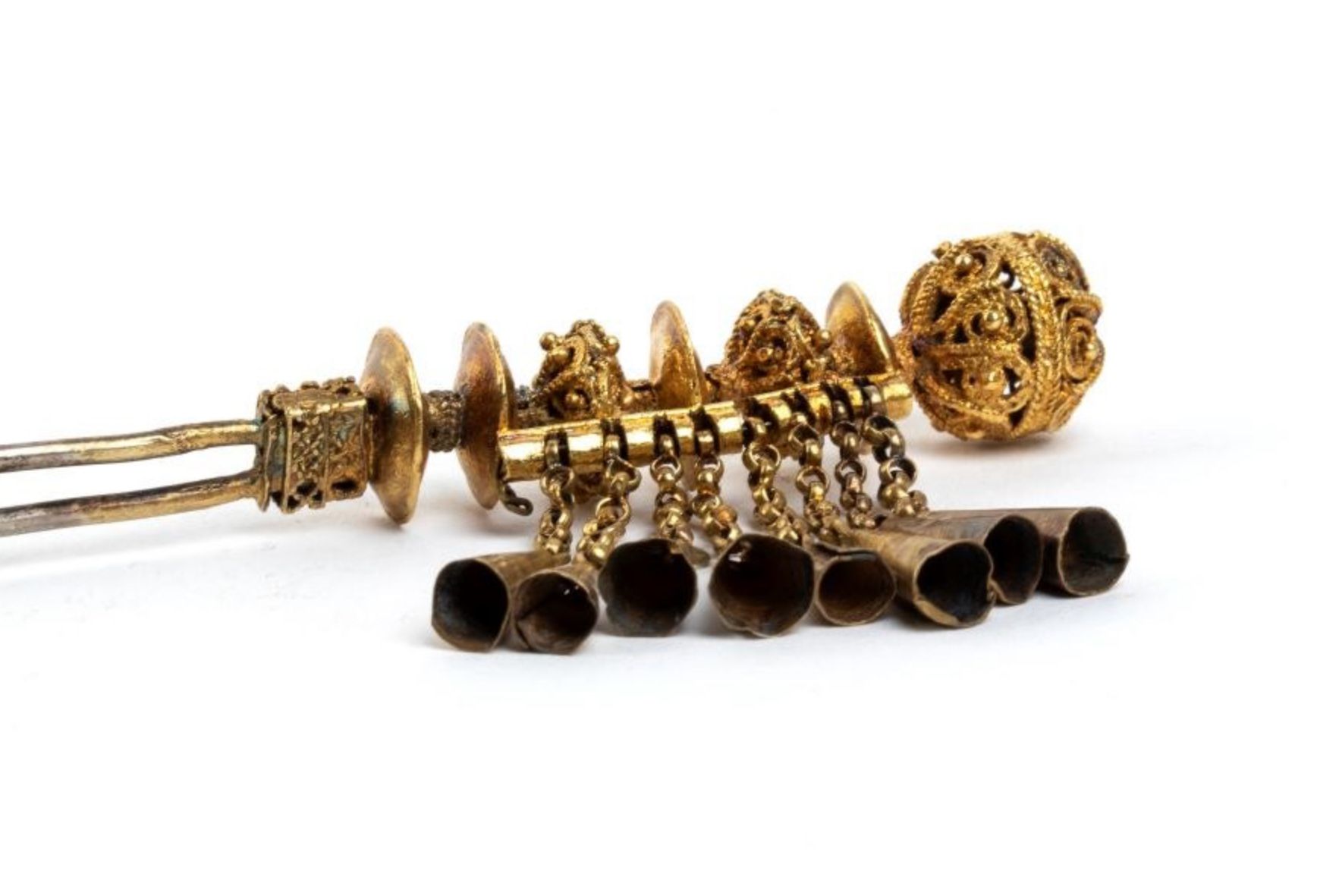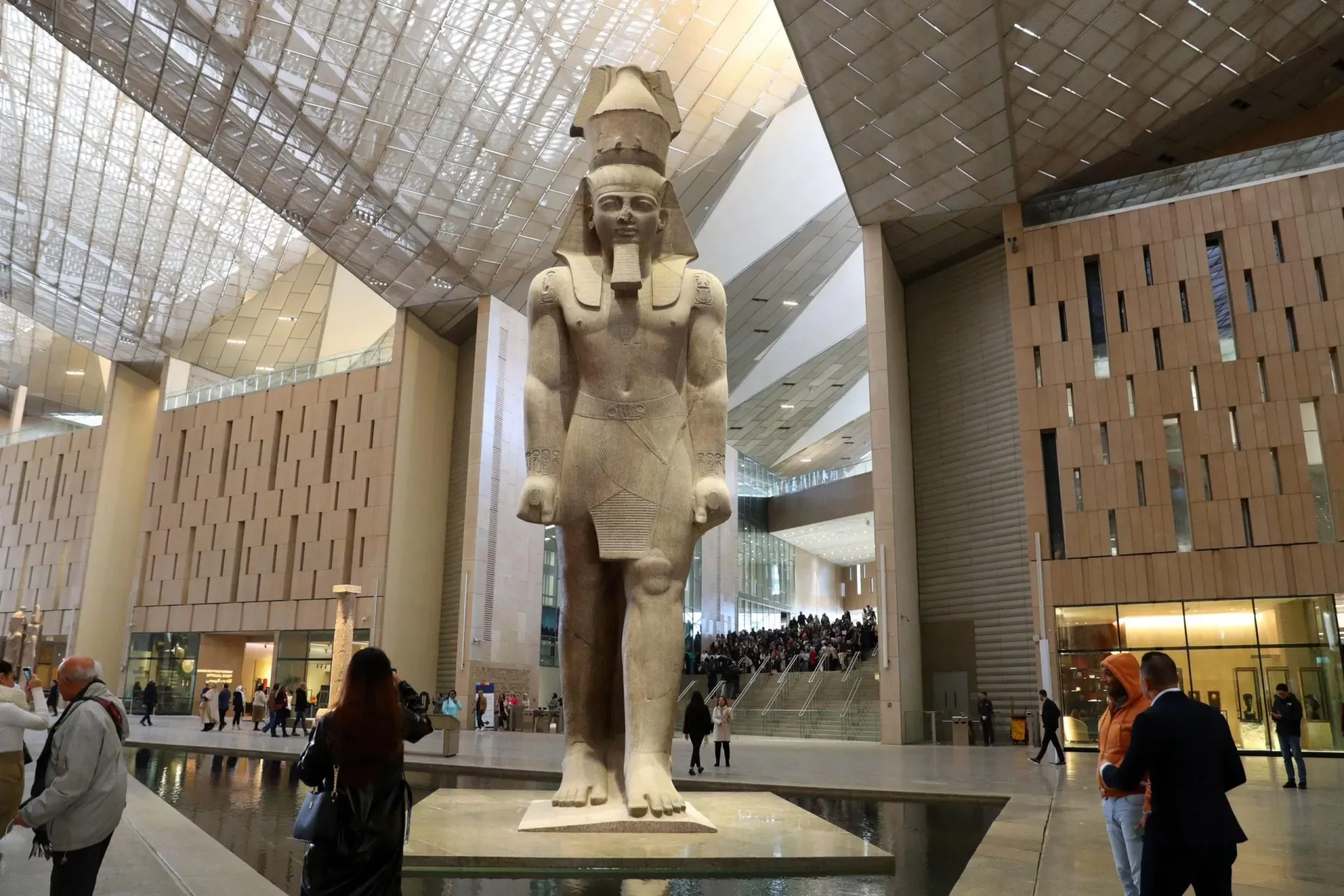Cultural Restitution
SHARE ARTICLE
Manchester Museum has announced the return of 43 Aboriginal ceremonial and secret sacred objects, collected on James Cook’s first voyage to the Pacific (1768-1771). The objects have been held in the Museum's collection since the 1920s, but have not been on display for reasons of cultural sensitivity.
The event marks the first repatriation of artefacts by a UK institution under an Australian government-funded initiative, led by the Australian Institute of Aboriginal and Torres Strait Islander Studies (‘AIATSIS’). The initiative has identified more than 100,000 objects currently housed in more than 200 institutions worldwide. At least 32,000 sacred items are currently held across 43 UK institutions.
The objects, including a churinga, a wood or stone object believed to embody the spiritual double of a relative or ancestor, clapsticks, a musical instrument used in Aboriginal ceremonies, together with various traditional body ornaments, are being returned to the Aranda people of Central Australia, the Gangalidda Garawa peoples’ of northwest Queensland, Nyamal people of the Pilbara and Yawuru people of Broome.
The first of two formal handover ceremonies, including delegates from these indigenous communities, will take place at Manchester Museum in late November 2019.
Cook’s arrival in Australia kick-started the seizure of many important objects of cultural heritage from the indigenous communities of that country. AIATSIS, whose research activities exist to raise wider awareness of the richness and diversity of Aboriginal and Torres Strait Islander cultures and histories, set up their ‘ Return of Cultural Heritage ’ pilot project in order to intensify their efforts to return objects now held overseas. Their specific goal is ‘cultural revitalisation’.
AIATSIS contacted the Museum about their wish to see them returned last year. As a result of next year's 250th anniversary of Cook’s first voyage to the east coast of Australia (when Cook commanded the expedition as Lieutenant James Cook), the Museum decided to agree their unconditional repatriation,
Speaking on behalf of the Gangalidda Garawa Native Title Aboriginal Corporation, their representative Mangubadijarri Yanner explained that returning these objects is important and necessary “because locked deep within these items is our lore; our histories, our traditions and our stories.” It is understood the objects will not just be returned, they will also go back into use.
Craig Ritchie, AIATSIS’s CEO, also welcomed this repatriation, “which promotes healing and reconciliation, and ultimately fosters truth telling about our Nation’s history”.
Appeals to start the repatriation of Aboriginal artefacts and human remains began in earnest at a meeting in 2001 between British prime minister Tony Blair and his Australian counterpart, John Howard. After this meeting Aboriginal campaigners were given lists of objects that might be considered for return.
In 2003 Manchester Museum, linked to the University of Manchester, began returning various ancestral human remains to their communities of origin. However, this event marks their first repatriation of ceremonial and secret sacred objects to Australia.
The United States recently announced they're returning 42 objects to Australia as part of the same Return of Cultural Heritage project.
Manchester Museum, home to almost four and a half million objects, is undergoing a review of its collections. Its director, Esme Ward, wants to make the Museum more inclusive and has appointed a curator to review the collections from an indigenous perspective. She is prioritising decolonisation and hopes to build on the success of this repatriation.
Speaking to The Guardian , Ward said “Very often people will say 'is it a slippery slope?' No, I really don't think it is. I think some museums, or even the museum sector, is in a bit of an existential crisis - particularly museums that are born of empire".
"The conversation about where do collections belong is getting louder and louder and museums are out of kilter with the public sentiment" she maintains.
After this was written.....
The first of two ceremonies organised to hand back the Museum's ceremonial, sacred Aboriginal items to representatives from the Gangalidda Garawa group took place in Manchester on 19 November 2019. Afterwards, Christopher Simpson, director of AIATSIS, confirmed that 29 other UK institutions had shared informations about their collections and 13 had indicated they were open to repatriating items. A second planned handover ceremony, scheduled for March 2020, was cancelled due to the Covid 19 pandemic. Instead, the material was sent to Australia where AIATSIS staff were responsible for returning the material to the relevant groups.
Photo: Ceremony Dancers from the Gangalidda Garawa peoples of north-west Queensland
Courtesy of AIATSIS/Manchester Museum
More News



